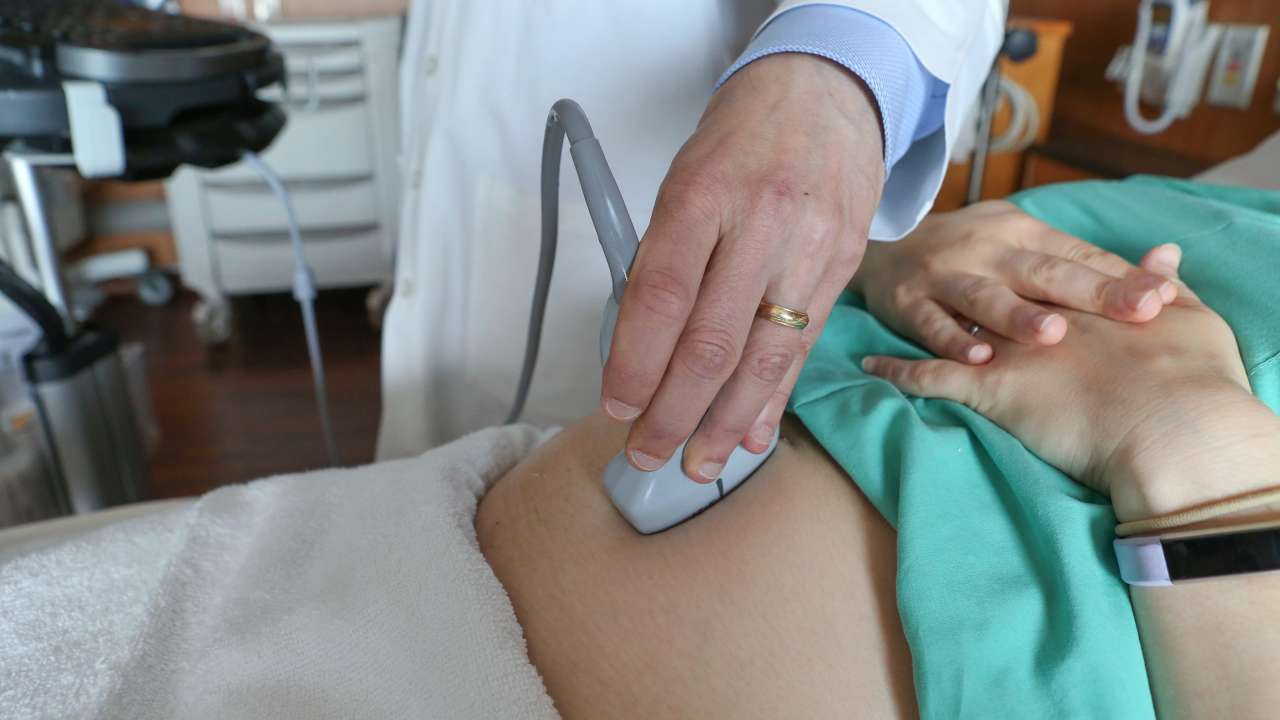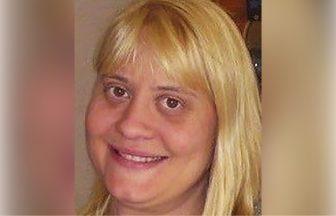Pregnant women in the United States are being turned away from hospitals and left untreated as a result of the strict abortion laws introduced in some states after Roe v Wade was overturned in 2022.
One woman suffered a miscarriage in a bathroom at an accident and emergency facility in Texas, while another learned her baby no longer had a heartbeat the day after she was turned away from a Florida hospital.
In North Carolina, one woman gave birth in a car after an emergency room couldn’t offer an ultrasound. The baby later died.
There has been a surge in complaints by pregnant women who have been turned away from A&E facilities in the US after the Supreme Court decision to overturn Roe v Wade, according to federal documents obtained by The Associated Press.
It increases the level of concern about emergency pregnancy care in the United States, particularly in states that have enacted strict abortion laws and sparked confusion over which treatments medical staff can legally provide.
“It is shocking, it’s absolutely shocking,” Amelia Huntsberger, an obstetrics and gynaecology specialist in Oregon, said.
“It is appalling that someone would show up to an emergency room and not receive care, this is inconceivable.”
Federal law requires emergency rooms to treat or stabilise patients who are in active labour and provide a medical transfer to another hospital if they don’t have the staff or resources to treat them. Medical facilities must comply with the law if they accept federal health insurance funding, or Medicare.
The Supreme Court will hear arguments on Wednesday that could further weaken those protections.
Pregnant patients have “become radioactive to emergency departments” in states with extreme abortion restrictions, Sara Rosenbaum, a George Washington University health law and policy professor, said.
“They are so scared of a pregnant patient, that the emergency medicine staff won’t even look. They just want these people gone,” Ms Rosenbaum said.
The Biden administration has already sued Idaho over its abortion ban, even in medical emergencies, arguing it conflicts with the federal law.
“No woman should be denied the care she needs,” Jennifer Klein, director of the White House Gender Policy Council, said in a statement. “All patients, including women who are experiencing pregnancy-related emergencies, should have access to emergency medical care required under the Emergency Medical Treatment and Labor Act (EMTALA).”
Republican-led states ushered in a wave of new restrictions following the overturning of Roe v Wade.
Doctors refusing to see patients
The deep dive into federal documents by AP showed a large number of disturbing cases of women not being treated adequately.
One woman arrived at a hospital in Marlin, Texas, nine months pregnant and having contractions a week after Roe v Wade was overturned, but the doctor refused to see her.
“The physician came to the triage desk and told the patient that we did not have obstetric services or capabilities,” hospital staff told federal investigators during interviews. “The physician adamantly recommended the patient drive to a Waco hospital.”
Investigators with the Centers for Medicare and Medicaid Services concluded Falls Community Hospital had broken the law. It isn’t clear what happened to the patient after she was turned away.
The investigation was one of dozens AP obtained from a Freedom of Information Act request filed in February 2023 that sought all pregnancy-related EMTALA complaints the previous year.
Other documents showed pregnancies ending as a result of a lack of treatment.
At Sacred Heart Emergency Center in Houston, front desk staff refused to check in one woman after her husband asked for help delivering her baby that September.
She miscarried in a toilet in the A&E lobby while her husband phoned 911 for help, telling paramedics that staff said they couldn’t help because the couple were not clients of theirs.
Emergency crews, who arrived 20 minutes later and transferred the woman to a hospital, appeared confused over the staff’s refusal to help, according to call transcripts.
One paramedic told federal investigators that when a Sacred Heart Emergency Center staffer was asked about the gestational age of the foetus, the staffer replied: “No, we can’t tell you, she is not our patient. That’s why you are here.”
A manager for Sacred Heart Emergency Center declined to comment.
Sacred Heart Emergency’s website says that it no longer accepts Medicare patients, a change that was made sometime after the woman miscarried, according to publicly available archives of the centre’s website.
Meanwhile staff at Person Memorial Hospital in Roxboro, North Carolina, told a pregnant woman, who was complaining of stomach pain, that they would not be able to provide her with an ultrasound.
The staff failed to tell her how risky it could be for her to depart without being stabilised, according to federal investigators.
While travelling to another hospital 45 minutes away, the woman gave birth in a car to a baby who did not survive.
Person Memorial Hospital self-reported the incident. A spokeswoman said the hospital continues to “provide ongoing education for our staff and providers to ensure compliance.”
Is there a penalty for not treating pregnant women?
Emergency facilities are subject to large fines if they turn away patients, fail to stabilise them or transfer them to another hospital for treatment.
Any of the above can also put hospitals’ Medicare funding at risk, but it is unclear what fines could be placed on the hospital believed to have failed to properly treat pregnant patients.
President Joe Biden and top US health official Xavier Becerra have both publicly vowed vigilance in enforcing the laws that ensure pregnant women do receive treatment.
Even as states have enacted strict abortion laws, the White House has argued that if hospitals receive Medicare funds they must provide stabilising care, including abortions.
In a statement Mr Becerra called it the “nation’s bedrock law protecting Americans’ right to life- and health-saving emergency medical care.”
“And doctors, not politicians, should determine what constitutes emergency care,” he added.
Follow STV News on WhatsApp
Scan the QR code on your mobile device for all the latest news from around the country






























